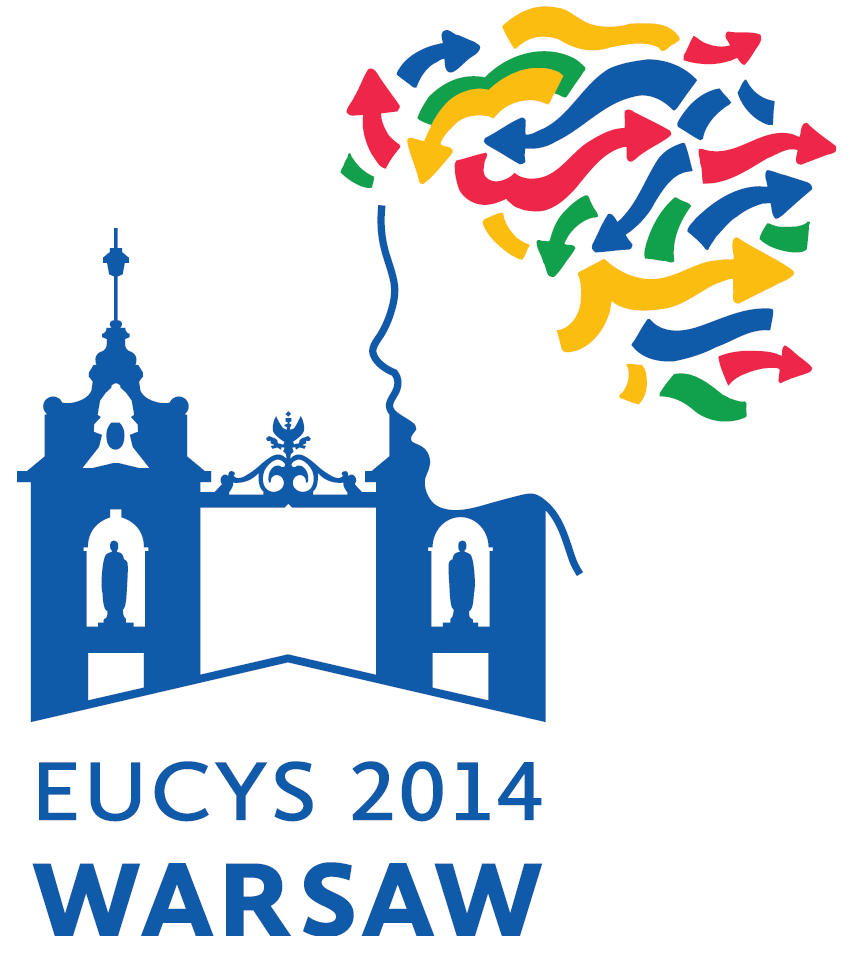2014-04-01
The EUCYS – European Union Contest for Young Scientists is an initiative of the European Commission that was set up in 1989 with the goal of promoting cooperation and interchange between young scientists and guiding them towards a future career in science and technology.
The University of Warsaw is host organiser for the 26th European Union Contest of Young Scientists in the year 2014. The co-organisers are Copernicus Science Centre and Polish Children’s Fund.
The event is an annual exhibition of the finest work developed by young scientists in many different scientific fields. It enables the best young minds of different countries to compare ideas and admire each other’s work, as well as to compete with one another at European level. It is therefore of great interest to the international and local communities, as well as the press.
The EUCYS is an opportunity for young scientists who have gained prestige in their home countries to meet others with similar abilities and interests, and to be guided by some of the most prominent scientists in Europe. The outcome is a significant endorsement by the European Commission of the work and development achieved in each participant country, which it is hoped will guide and promote more and more young people to careers in science and technology.

University of Warsaw
University of Warsaw (UW), founded in 1816, is the best university and a leading research centre in Poland. The high level of scientific research, its connection with the education of students and the diversity and attractiveness of our teaching determines the position of the University in the country and worldwide. University of Warsaw is listed among top 4% of the World-Class Universities and recognized by prestigious international rankings such as the Academic Ranking of World Universities (AKA Shanghai Ranking), the QS Top Universities, the Times Higher Education World University Rankings and the CHE Excellence Group 2010 (subjects: chemistry, physics).
UW educates over 53,500 students. It employs over 6,300 people, including 3,250 academic teachers. Currently, there are 20 faculties and 30 other units, including the Centre of New Technologies, Centre for Preclinical Research and Technology and University Technology Transfer Centre. The University collaborates with ca 1,000 foreign institutions, including 420 partnerships within the boundaries of more than 1,100 Erasmus agreements and 240 partners from 52 countries within the boundaries of university agreements on direct collaboration.
UW offers undergraduate, graduate and post-diploma studies, organizes summer schools and vocational courses, initiates interdisciplinary programmes and introduces new teaching techniques. Our offer is adapted to the needs of the changing world and the challenges and complexity of the labor market. Our scholars regularly receive awards and win competitions for research grants. UW students are well-educated and very competitive, winning many contests and championships. Scientific and vocational development of our students is supported by appropriate offices, organizations, and cooperation with numerous institutions. National and international companies highly value our graduates, among which you can find many prominent persons, successful entrepreneurs and recognized scholars and writers, including Nobel Prize laureates.
Copernicus Science Centre
Copernicus Science Centre conducts modern science communication through interactive exhibitions addressed to different groups of recipients (adults, adolescents and children), shows and workshops on scientific themes, debates and discussions as well as activities from the borderland of science and art.
The mission of the Centre is to inspire curiosity, assist the independent discovering of the world, help to learn and inspire social dialogue on science. It is one of the largest and most modern institutions of this type in Europe.
The Copernicus Science Centre has the status of a cultural institution. Informal education and scientific communication are the basic tasks of the Copernicus Science Centre. Many activities are dedicated directly to teachers and schools.
The Copernicus Science Centre is frequently invited to science and cultural projects which are pursued in cooperation with Polish and foreign partners.
Polish Children’s Fund
The Polish Children’s Fund is an independent, non-governmental organization established in 1981. One of its major objectives is to help exceptionally gifted pupils and students develop their academic interests and artistic talents, and to adjust the educational system in Poland to accommodate the special needs of the highly gifted. In this field the Fund closely collaborates with the Polish Ministry of Education, as well as many scientific and cultural institutions.
The Polish Children’s Fund’s activities are based on co-operation with numerous universities, research institutes and cultural institutions, as well as individual academics willing to offer their time and experience to work with exceptionally talented children.
Among those who have taken part in the Fund’s activities are Mr Ryszard Kapuściński, Prof. Leszek Kołakowski, Prof. Włodzimierz Kołos, Prof. Czesław Miłosz, Prof. Witold Lutosławski, and Mr Andrzej Wajda.
Each year, the Fund organizes 12-14 scientific workshops, 9-10 seminars in the field of the humanities, 1 workshop devoted to the fine arts and 1 devoted to music, 2 general multidisciplinary meetings, 3 multidisciplinary scientific camps, ca. 20 public concerts, and 3-4 exhibitions.
The Fund also acts as the national organiser of the European Union Contest for Young Scientists.
Read more: WWW.EUCYS2014.PL


